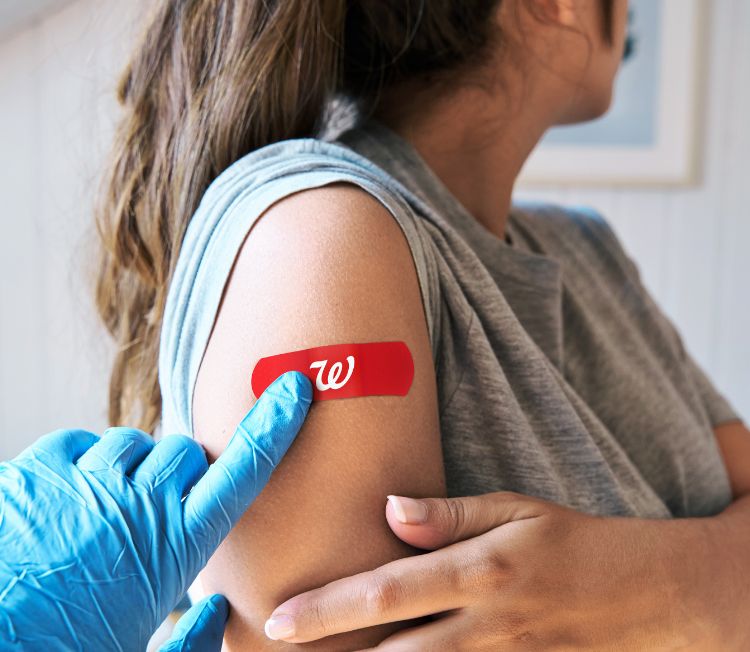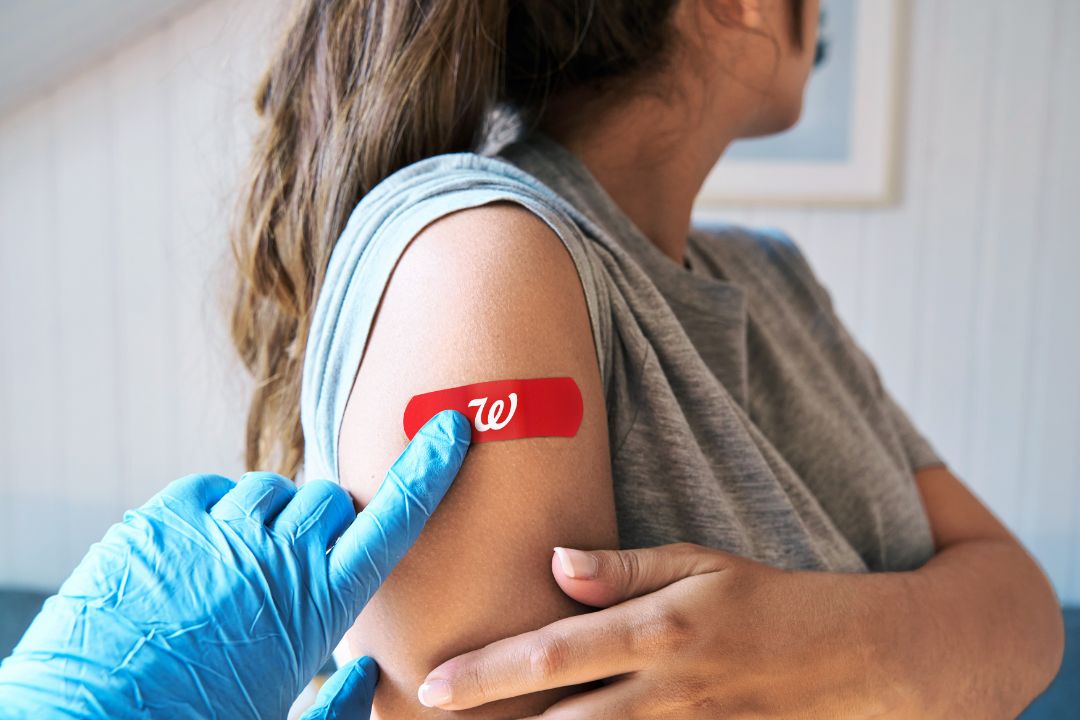- What is the HPV vaccine?The HPV vaccine can prevent infection with some types of human papillomavirus. HPV vaccine provides safe, effective and lasting protection against the HPV infections that most commonly cause cancer.To learn more about the HPV vaccine from the CDC, download this PDF opens in a new tab or visit the CDC website. opens in a new tab
- Who should get the HPV vaccine? HPV vaccine is routinely recommended for children ages 11–12 to ensure they’re protected before they’re exposed to the virus. The HPV vaccine may be given beginning at age 9 years and vaccination is recommended for everyone through age 26.The HPV vaccine may be given to adults ages 27–45, based on discussions between the patient and their healthcare provider.
- Who should not get the HPV vaccine? • People who have had a life-threatening allergic reaction to any component of the HPV vaccine, or to a previous dose of HPV vaccine. Tell your doctor if the person getting vaccinated has any severe allergies, including an allergy to yeast.• People who are currently pregnant or planning pregnancy during the course of treatment.
- What are the side effects of the HPV vaccine? Mild-to-moderate side effects:
- Soreness, redness, itching or swelling at the injection site
- Fever
Severe problems (rare) may include serious allergic reactions. Symptoms include:- Difficulty breathing
- Wheezing
- Hives
- Pale skin
- Fast heartbeat
- Dizziness
Over-the-counter pain relievers such as acetaminophen or ibuprofen can help ease pain and reduce fever. Contact your doctor or pharmacist if you have any unexpected or worsening reactions after receiving a vaccine.
Schedule HPV Vaccine (Human Papillomavirus) | Walgreens

Vaccines offered at Walgreens vary by state, age and health conditions. Talk to your local pharmacist about availability.
Recommended for
Children ages 11–12+ and specific groups
Frequency
2 or 3 doses 6–12 months apart
What is HPV?
Human papillomavirus (HPV) is a very common virus that can lead to cancer. Nearly 80 million people—about one in four—are currently infected with HPV in the United States. About 14 million people, including teens, become infected with HPV each year.
In the U.S., nearly 35,000 people are estimated to be affected by a cancer caused by HPV infection each year. While there is screening for cervical cancer that can detect cancer early, there is no recommended screening for the other cancers caused by HPV infection, like cancers of the back of the throat, anus, penis, vagina or vulva.
Frequently Asked Questions
If you believe you have a medical emergency, please call 911.
References:
Meites E, Szilagyi PG, Chesson HW, Unger ER, Romero JR, Markowitz LE. Human Papillomavirus Vaccination for Adults: Updated Recommendations of the Advisory Committee on Immunization Practices. MMWR Morb Mortal Wkly Rep 2019;68:698–702. DOI: http://dx.doi.org/10.15585/mmwr.mm6832a3 opens in a new tab
Centers for Disease Control and Prevention. Epidemiology and Prevention of Vaccine-Preventable Diseases. Hamborsky J, Kroger A, Wolfe S, eds. 13th ed. Washington D.C. Public Health Foundation, 2015.
Vaccine Information Statement: HPV (Human Papillomavirus) Vaccine-What you need to know. Centers for Disease Control and Prevention (CDC). October 30. 2019. https://www.cdc.gov/vaccines/hcp/vis/vis-statements/hpv.pdf opens in a new tab. Accessed May 2020.
This publication should be used for general educational purposes only and is not intended to be a substitute for professional medical advice. Although it is intended to be accurate, neither Walgreen Co., its subsidiaries or affiliates, nor any other party assumes liability for loss or damage due to reliance on this publication.
